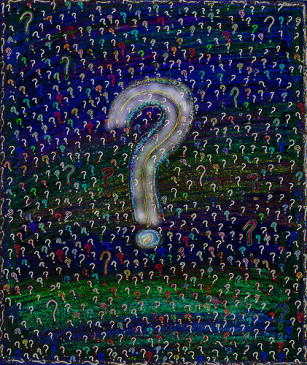“Curiosity seeks to annihilate itself; there is no curiosity that does not want an answer” Eliezer S. Yudkowsky
We are naturally curious, and eager to exchange our ignorance for knowledge, and our naivety for understanding.
There is intense curiosity, like the stalking paparazzi type, or mild curiosity, like wanting to know the weather forecast, but most of us have moderate curiosity.
Like Newton’s apple that fell and inspired the theory of gravity, our Eureka! Moment comes unexpectedly. We don’t seek out something to be curious about, we stumble upon it, like an oddity in a Dickens’ Curiosity Shop; it draws our attention to it, and we desire to know more about it.
Sometimes our curiosity draws us to a person. We are like the ‘Curiosity’ rover on Mars, zooming in closer to attempt to understand someone better. Curiosity engages our senses – we feel the energy in a person’s voice, or the firmness in their handshake.
Our curiosity also draws us inward to ask ourselves questions like, who am I? Why am I here? We may have never fully answered the call to “Know Thyself” since it was inscribed outside The Temple of Apollo at Delphi in ancient Greece, but our curiosity helps us understand ourselves and others better.
Curiosity is like a muscle that we develop by questioning, seeking new experiences, and viewing old experiences with fresh eyes. It stretches us, teaches us, and changes us.
We may even contradict our former views, change our minds, and cross the floor, as it washes away outmoded ideas.
Albert Einstein’s curiosity led him to expand on Galileo’s theories. Einstein looked at Galileo’s findings and asked different questions, which led to his discovery of the theory of relativity.
“The important thing is not to stop questioning. Curiosity has its own reason for existing. I have no special talent. I am only passionately curious”. – Albert Einstein

Neurologists have found that asking new questions helps us form new neural pathways in our brains. An active curiosity slows down the aging process, encourages openness and inquisitiveness in social relationships, reduces boredom, and increases happiness, according to an article in Experiencelife.com.
It is also crucial to rational thinking. Of the 12 Virtues of Rational Thinking, curiosity is the number one according, to The Rationality Institute:
“The first virtue is curiosity. A burning itch to know is higher than a solemn vow to pursue truth. To feel the burning itch of curiosity requires both that you be ignorant, and that you desire to relinquish your ignorance. If in your heart you believe you already know, or if in your heart you do not wish to know, then your questioning will be purposeless and your skills without direction. Curiosity seeks to annihilate itself; there is no curiosity that does not want an answer. The glory of glorious mystery is to be solved, after which it ceases to be mystery. Be wary of those who speak of being open-minded and modestly confess their ignorance. There is a time to confess your ignorance and a time to relinquish your ignorance.”
Eliezer S. Yudkowsky – The Twelve Virtues of Rationality
In order to cultivate your curiosity, you need to be open to new information, so you can leave your comfort zone and discover what could be. The key is to ask questions, and the first question to ask is – how can I be more curious?
Sources:
http://experiencelife.com/article/the-power-of-curiosity/, brainy quote,
Eliezer S. Yudkowsky – The Twelve Virtues of Rationality,www.brainpickings.org
photo credit: Russ Allison Loar via photopin cc